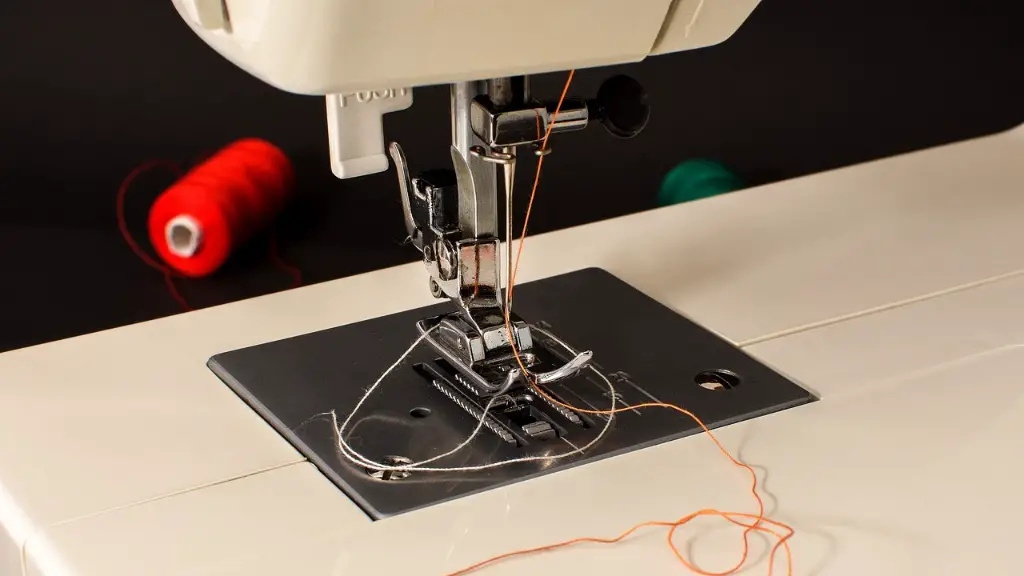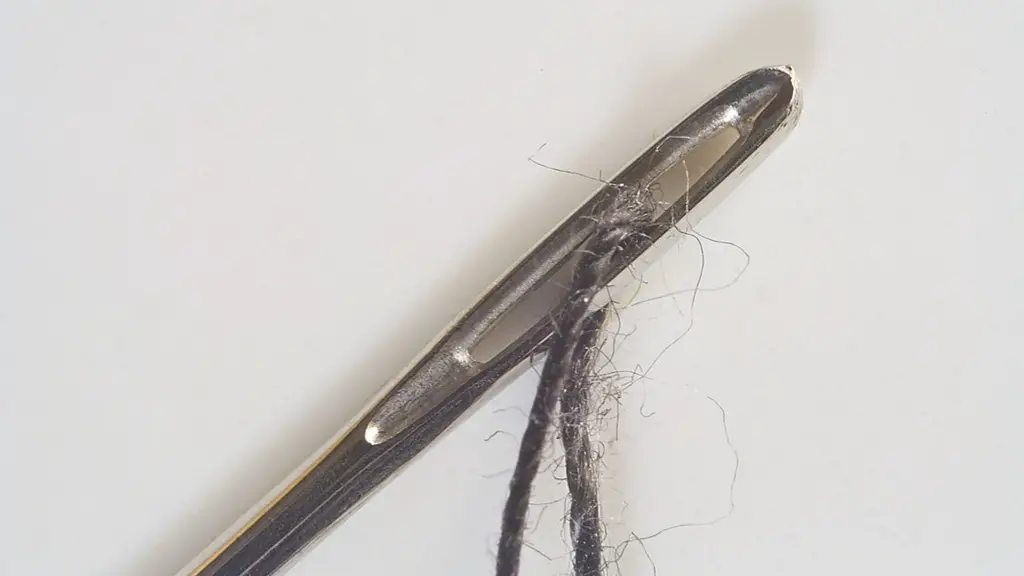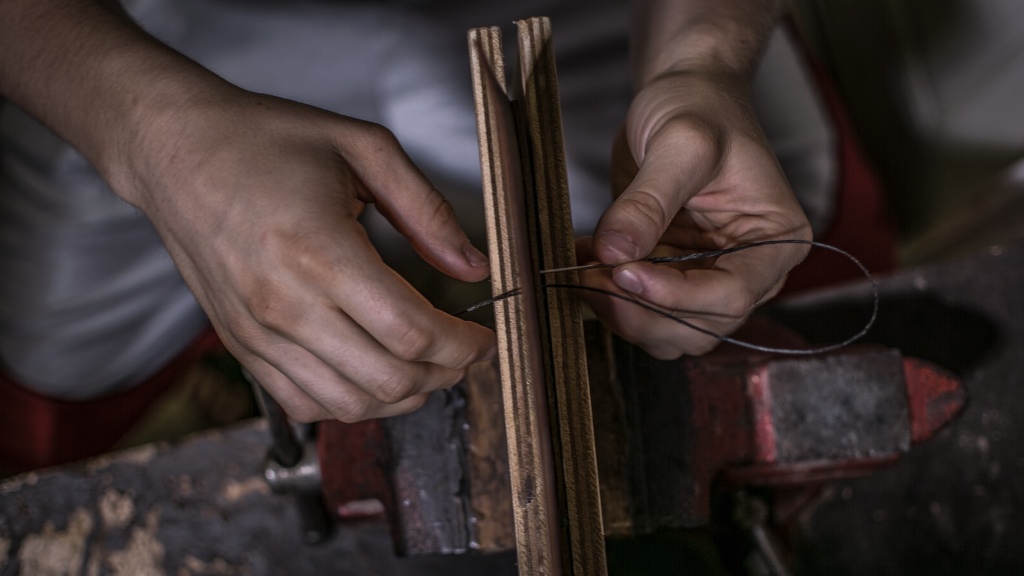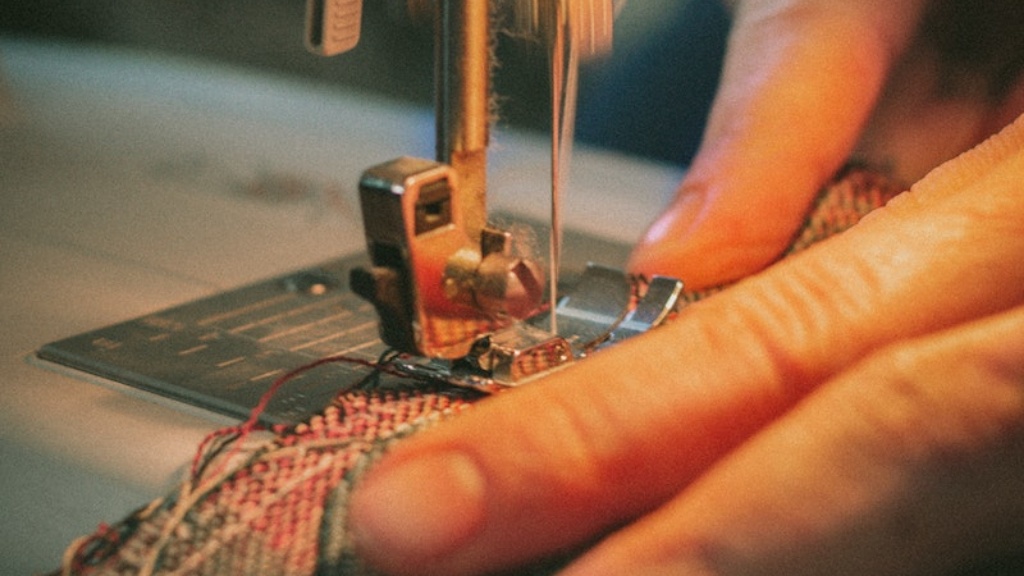Definition of a Juki Sewing Machine
Juki sewing machines are reliable sewing solutions designed to handle various materials. The machines support various stitch styles, and they are often used in textile production factories. The machines are world-renowned for their versatility and reliability, and come with advanced features that allow users to quickly and reliably create custom pieces. The machines are used for everything from small sewing projects to large-scale garment production.
What is a Juki Sewing Machine Used For?
Juki sewing machines offer robust solutions for quilting, garment manufacturing, and home-based projects. They range from basic machines for occasional use to more advanced machines for more intense textile production. The machines are usually used when a particularly intricate stitching style is needed or when there is a need for heavy-duty production.
Juki sewing machines can be used to create a variety of intricate designs and fabrications. From quilting, to home textile production, to commercial garment construction, Juki machines offer reliable and efficient performance.
The Features of the Juki Sewing Machine
Juki sewing machines are renowned for their versatility and features. They come with features such as adjustable speed controls, secure threading, and adjustable stitch sizes. The machines also come with an assortment of attachments for various uses. Juki machines range from lightweight and portable models for home use to larger more industrial-grade models for commercial production.
Juki machines are also known for their sturdiness, durability, and reliability. The machines are made from high-quality materials and come with various safety features for secure and effortless sewing.
How Much Does a Juki Sewing Machine Cost?
The cost of a Juki sewing machine depends on the type of machine and model. The basic home models cost anywhere from around 500 dollars, while the high-end professional models could easily cost up to 7000 dollars or more. Juki also offers a range of entry-level machines that are mid-priced and come with a selection of features, depending on the model.
Advantages of Using Juki Sewing Machines
Juki sewing machines are renowned for their reliability and features. The machines come with a range of features that make them ideal for both home and commercial projects. The machines are known to create intricate designs and have the power to handle robust fabrics and heavy workloads.
Juki machines are also known for their durability. The machines are made from high-quality materials and are designed to last for many years. The machines come with several safety features that protect both the user and the machine from damage.
Disadvantages of Using Juki Sewing Machines
Juki machines are known to be expensive and the more advanced models can cost up to 7000 dollars or more. The machines may come with features that some users don’t need, so the cost could be prohibitive. Also, because the machines are designed for commercial or industrial use, they may require a lot of setup and calibration before they can be used. This could be a difficult and time-consuming process for novice users.
Businesses That Could Benefit from a Juki Sewing Machine
Small businesses such as tailoring and garment production shops are the most likely to benefit from a Juki sewing machine. The machines are equipped with features that make sewing large amounts of fabric easier, faster, and more reliable. The machines are sturdy and durable enough to handle heavy workloads and come with several safety features to protect both the user and the machine from damage.
References for More Information About Juki Sewing Machines
The Juki website is an excellent source of information about the machines and their features. The website also offers different models and prices, so it is an excellent resource for shoppers. There are also many reviews and tutorials available online, which can be an invaluable asset for beginner users.
Instructions for Maintenance and Care of Juki Sewing Machines
It is essential to maintain and care for a Juki machine regularly. To keep the machine in top condition, users should ensure that the needle is always sharp and that the machine is regularly cleaned and lubricated. Additionally, users should periodically check for any irregularities in the stitching and adjust the settings if necessary.
To store the machine, always ensure that it is protected from dust and moisture and in an area with good air circulation.
Where to Buy Juki Sewing Machines
Juki sewing machines can be purchased from various online and physical stores. They are also available online from retailers such as Amazon and eBay. To find an authorized Juki dealer, users can visit the Juki website and enter their zip code to find one in their area.
Customer Reviews and Feedback of Juki Sewing Machines
Customer reviews and feedback of Juki sewing machines provide a wealth of information about the machines. Reviews can provide users with invaluable insight into the machine’s performance, features, and reliability. They can also provide potential shoppers with a better understanding of what a specific model has to offer.
Common Problems with Juki Sewing Machines
The most common problems with Juki machines are due to wear and tear over time. Users should ensure that the machines are regularly maintained and lubricated in order to minimize the chances of problems. Additionally, users should make sure to regularly monitor the stitching for any irregularities and to adjust the settings if necessary.
However, more serious issues can occur due to the mechanical components of the machines. If a user begins to experience more serious problems with their machine, it is best to take it to an authorized technician for inspection and repair.



